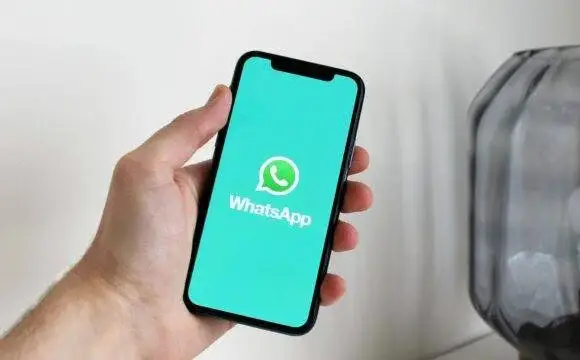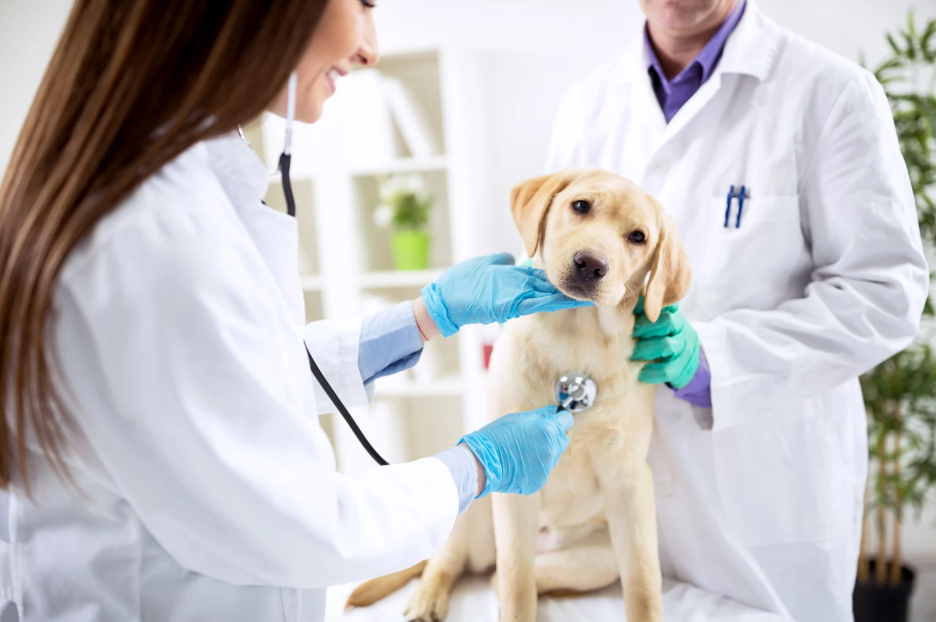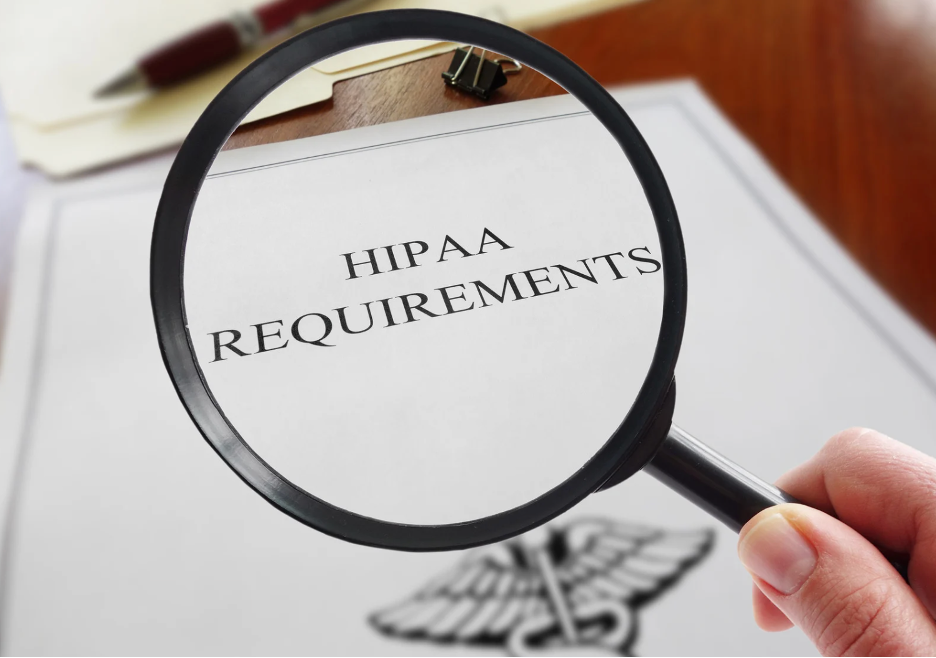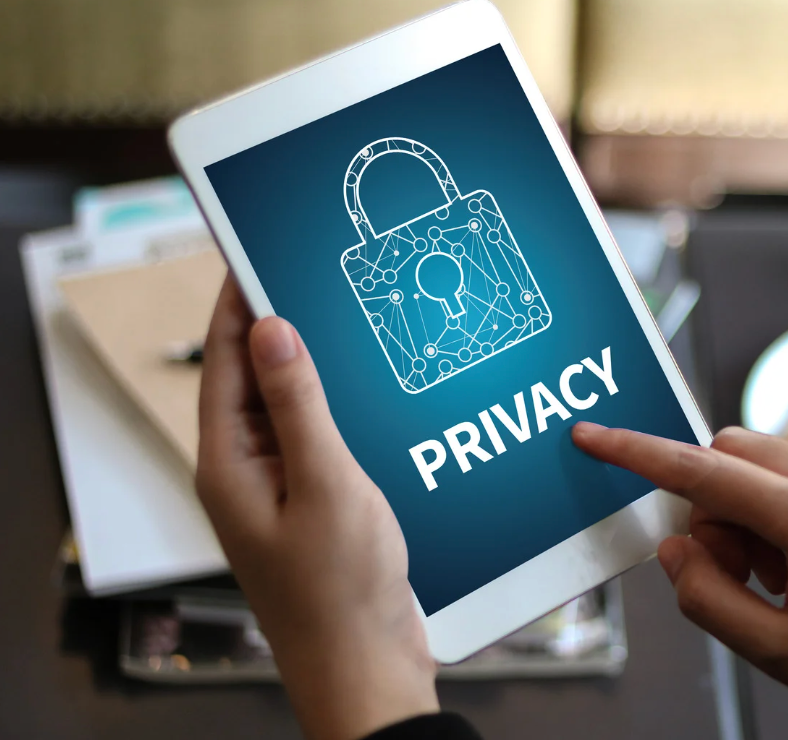In today’s digital era of instant messaging, healthcare professionals and organizations must consider the security and privacy aspects of the platforms they use to communicate with patients.
One very popular messaging app is WhatsApp, with an estimated 2.7 billion monthly active users. WhatsApp is used in healthcare settings for a variety of purposes. In a 2019 survey, the most common uses of WhatsApp for healthcare professionals included:
· Sharing scientific information with colleagues.
· Managing agendas with colleagues.
· Communicating with colleagues about clinical situations without mentioning patient-specific information.
In addition, the same survey found a number of WhatsApp interactions with healthcare professionals included patients sending images and videos prior to a consultation, asking healthcare-related questions, and providing updates on clinical conditions or the effects of medications. Although healthcare professionals often use WhatsApp to communicate, when it comes to sensitive patient data, many have questioned whether WhatsApp is HIPAA compliant.
The truth is that WhatsApp is a secure messaging platform with end-to-end encryption, which means that messages sent through the app are only accessible to the sender and recipient. However, this is not the only factor to consider when determining HIPAA compliance. In fact, the absence of features such as user access controls, audit trails, and a Business Associate Agreement makes WhatsApp a less-than-ideal choice for handling sensitive patient data.
There are many ways in which WhatsApp can be used in healthcare settings to accelerate workflows and improve patient outcomes; however, the platform should not be used to communicate PHI because it lacks the capabilities to support compliance with the HIPAA Security Rule.
Healthcare organizations should prioritize platforms and communication tools specifically designed for healthcare, which often include HIPAA-compliant features. Compliance with HIPAA is essential to protect patient privacy and avoid potential legal and financial consequences for non-compliance.
Experience Better Healthcare Compliance
Stay compliant with OSHA, HIPAA, and billing regulations. See how our comprehensive solutions can simplify your compliance needs and enhance your practice’s efficiency.



